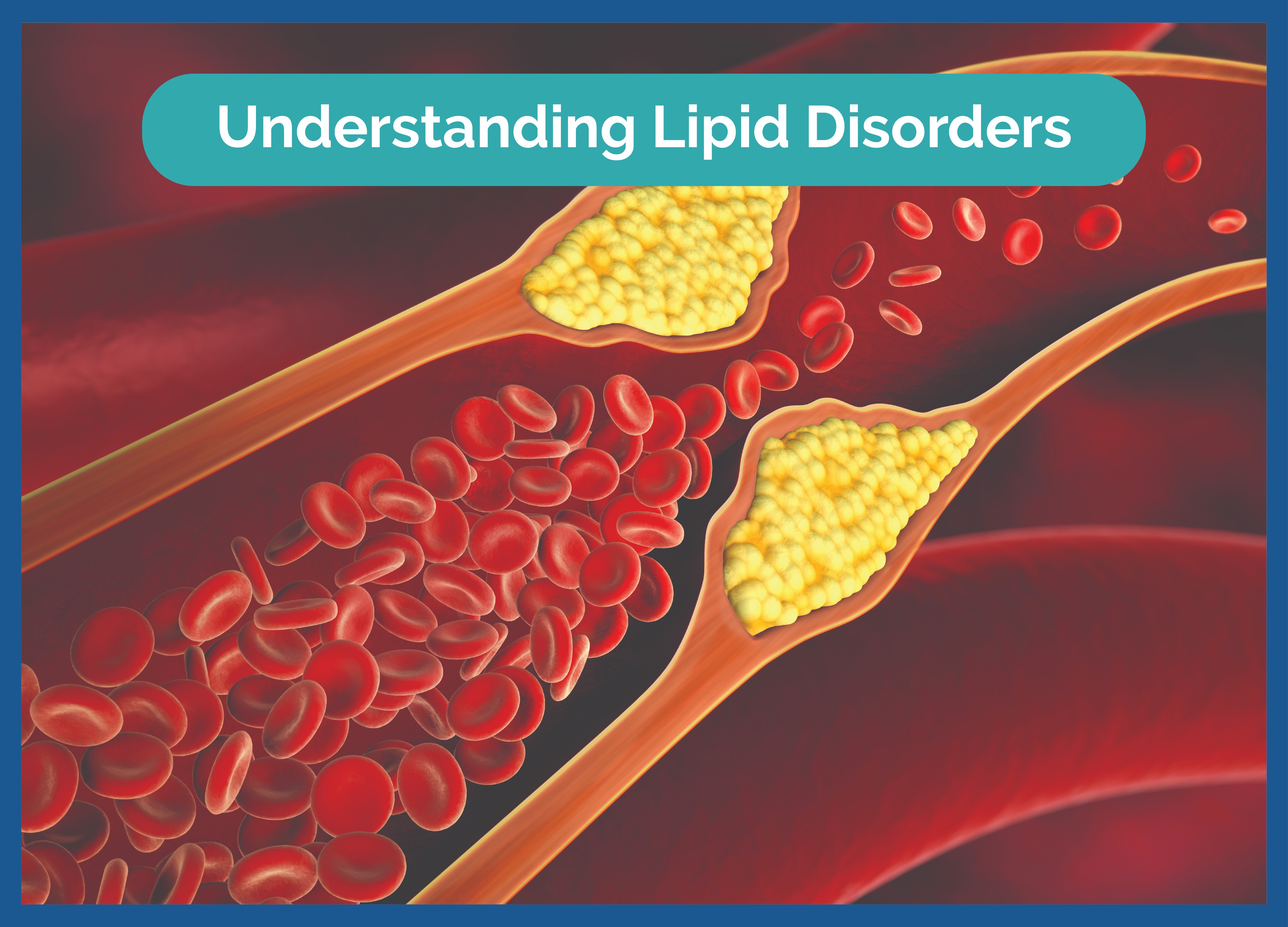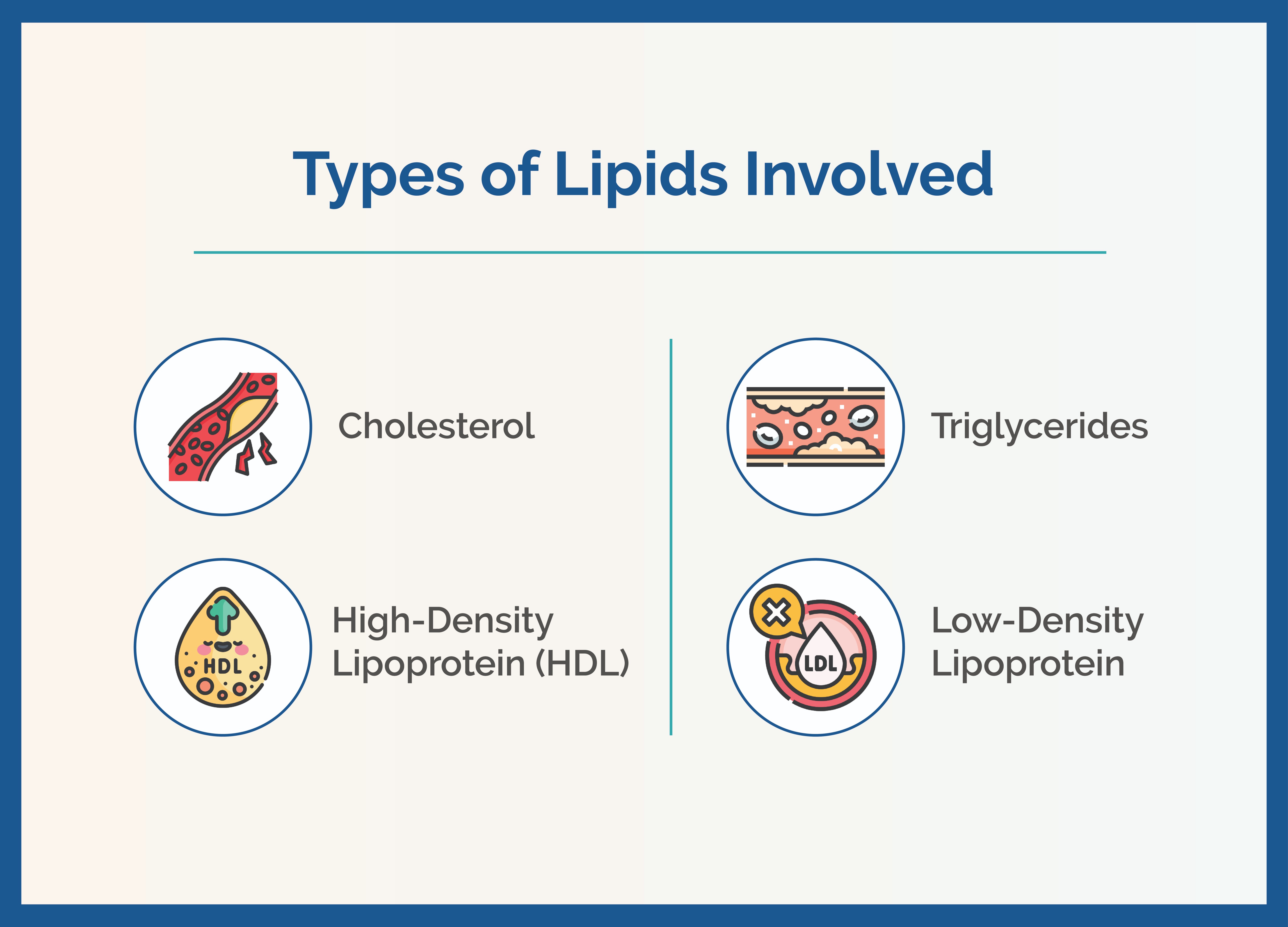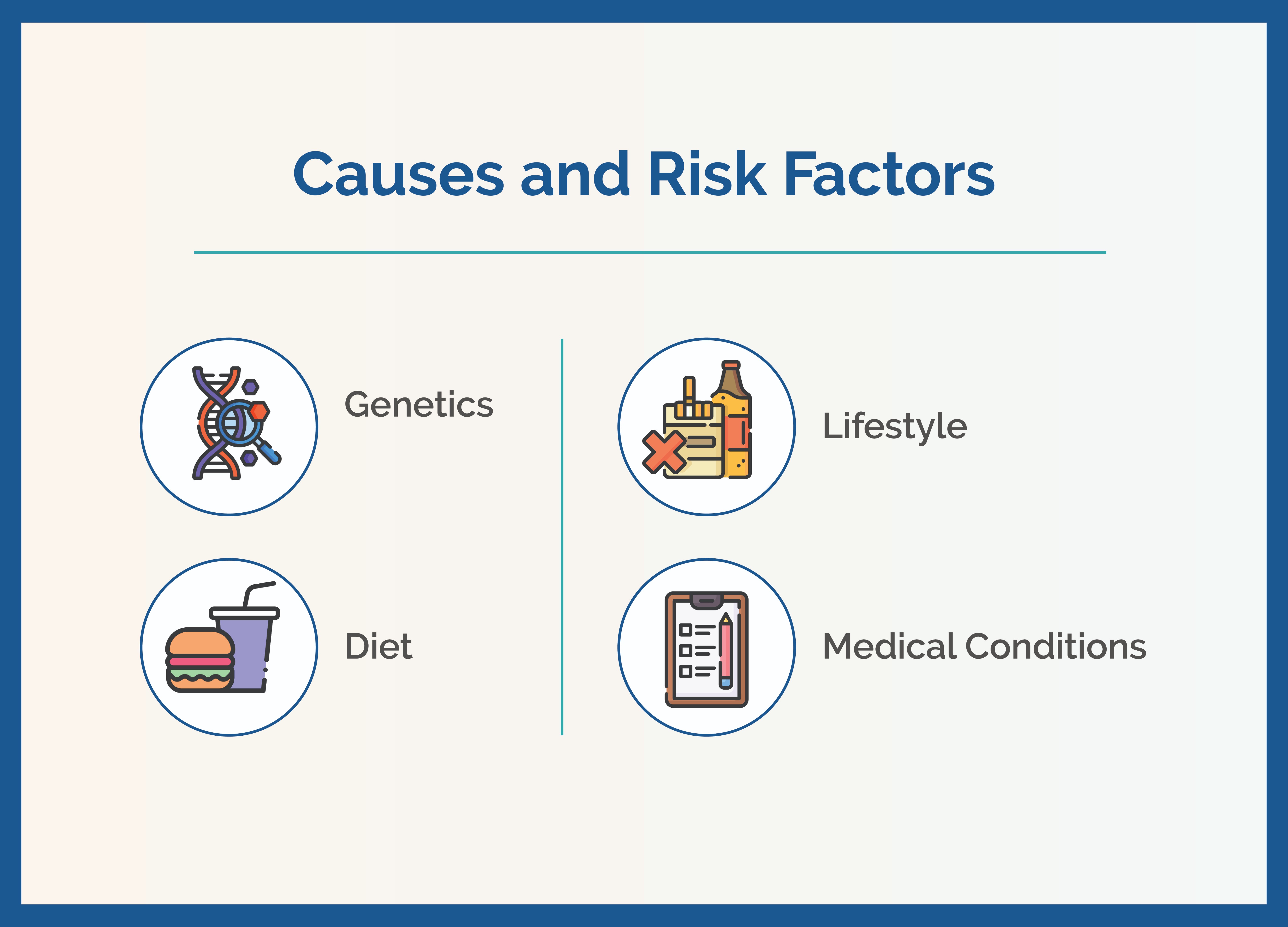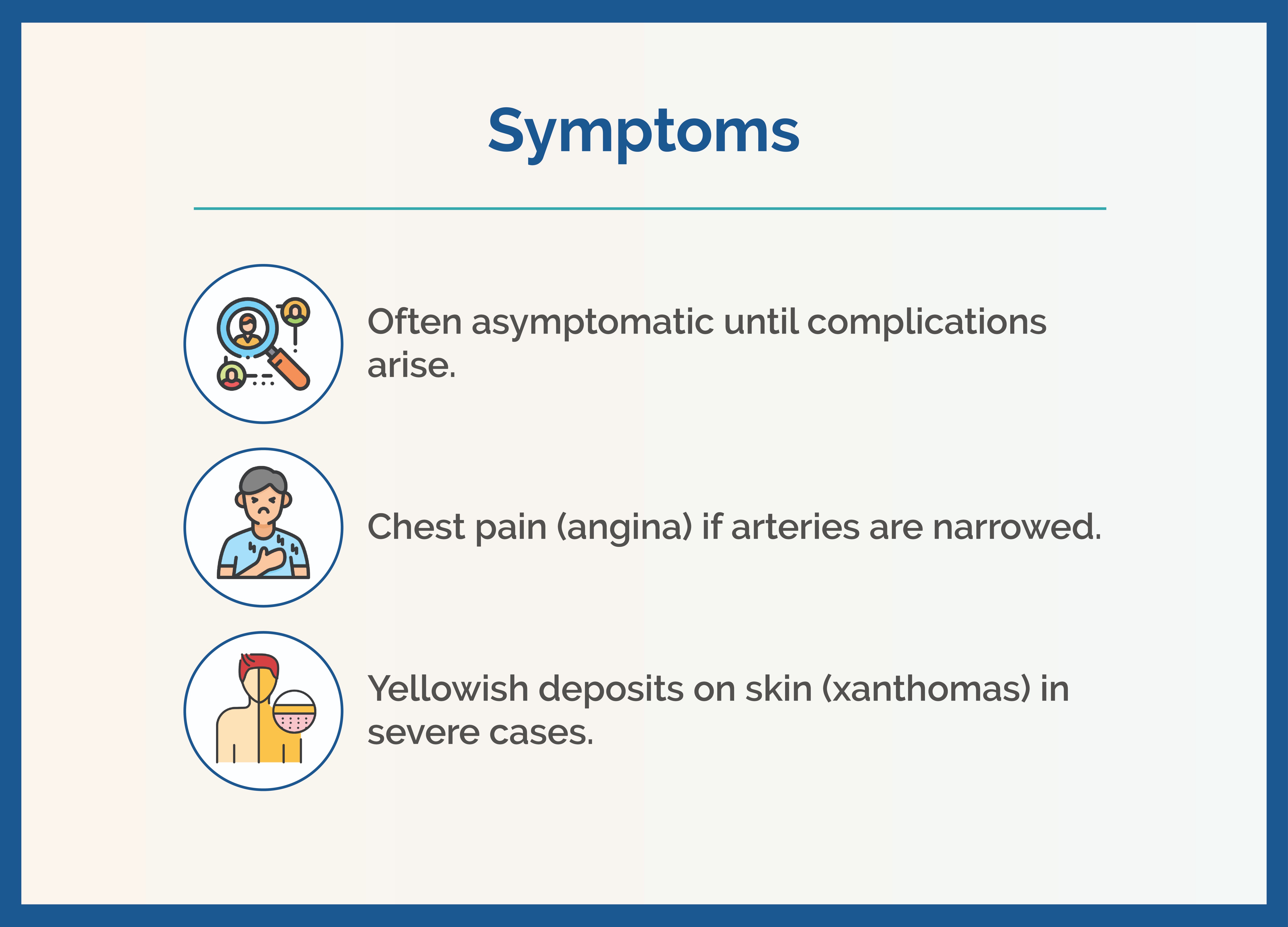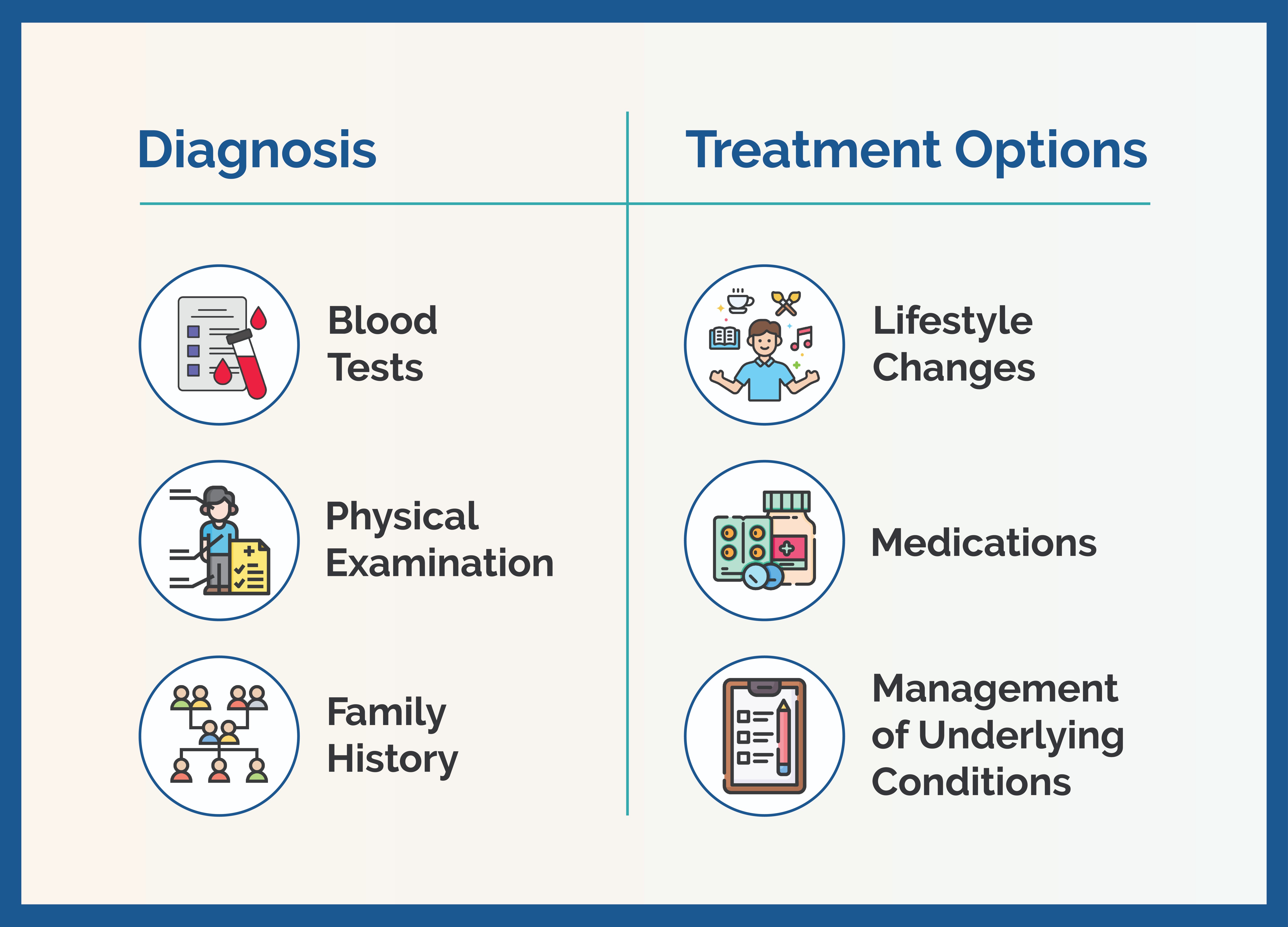Frequently Asked Questions (FAQs) about
Lipid Disorders:
What dietary changes can help manage lipid disorders?
A balanced diet low in saturated fats, trans fats, and cholesterol. Increase intake of fruits, vegetables,
whole grains, and lean proteins.
Can lipid disorders be prevented?
Yes, adopting a healthy lifestyle from a young age can prevent or delay the onset of lipid disorders.
Regular exercise and a balanced diet are key.
Are lipid disorders hereditary?
Yes, genetics play a significant role. A family history of high cholesterol or heart disease increases the
risk.
How often should lipid levels be checked?
Guidelines recommend checking lipid levels every 4-6 years in adults. More frequent testing may be
necessary based on risk factors.
What are the potential complications of untreated lipid disorders?
Increased risk of heart disease, stroke, peripheral artery disease, and other cardiovascular conditions.
